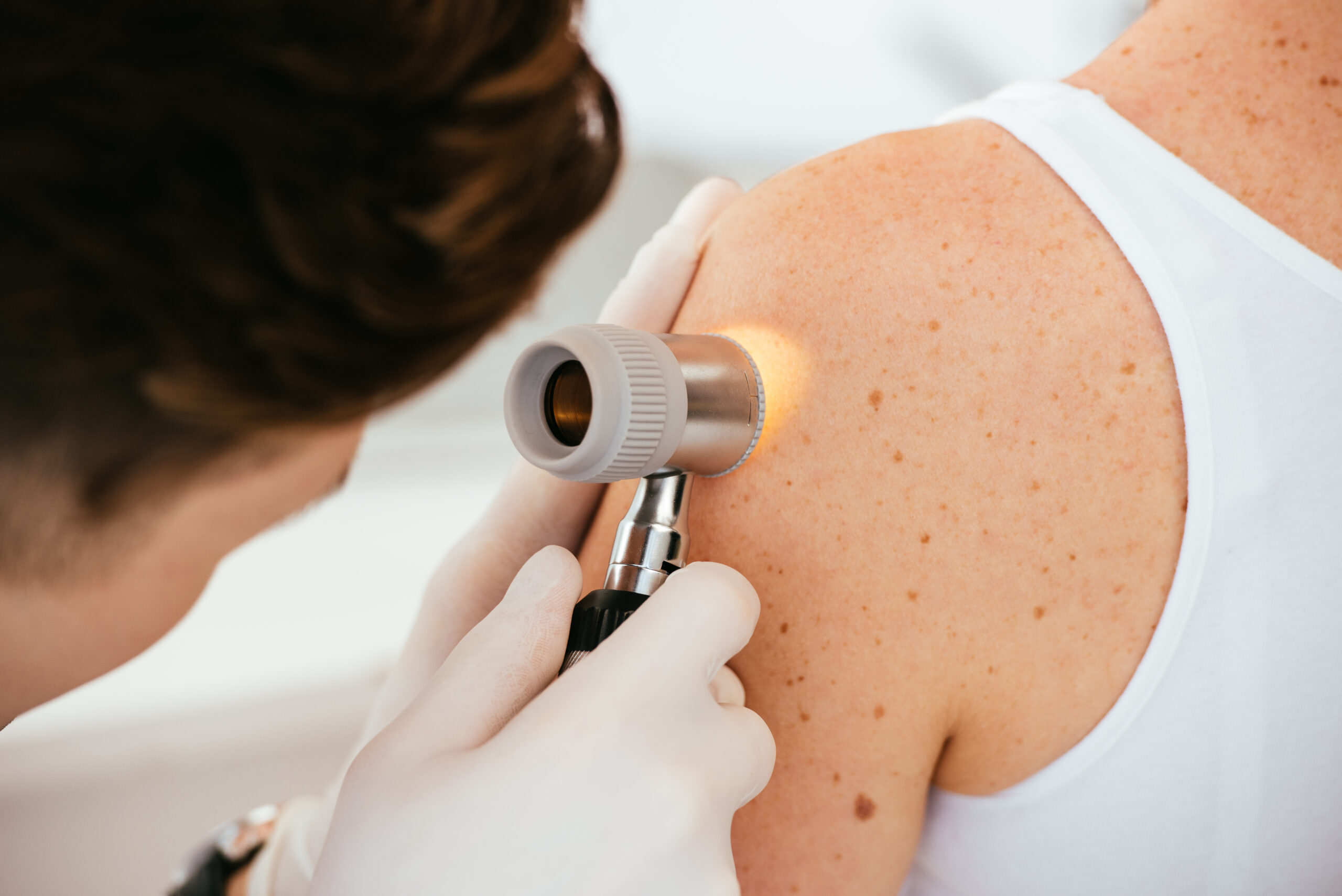Did you know that skin cancer is the most widely experienced cancer in the United States? In many cases where skin cancer is detected early, it can be treatable. For this reason, you must ensure you’re getting skin cancer screenings when necessary.
When to Get a Skin Cancer Screening
There are no actual specific age recommendations when it comes to skin cancer screenings. Rather, many medical organizations recommend early screening for patients who have a higher risk of developing skin cancer.
However, since this is a very prominent type of cancer, it’s a good recommendation to undergo a skin cancer checkup each year.
What Happens During a Skin Cancer Screening?
With early detection, skin cancer may be more treatable. It only makes sense to invest your time every year to get a skin cancer screening by a licensed professional. During this screening, you’ll be asked to remove all your clothes, excluding your undergarments.
The screening itself is comprised of a visual examination of your entire body. Your dermatologist will be trained to identify any suspicious marks. They’ll do a thorough visual examination from your head to your toes. If any suspicious marks show up on your cancer screening, you’ll need to undergo further analysis.
What Happens When My Screening Shows Something Suspicious?
If your dermatologist finds anything suspicious, they will biopsy the lesion. They’ll do this by numbing the area and taking a sample of the tissue. A biopsy is a very simple procedure that takes just a few seconds to complete. A trained pathologist will examine the tissue and make any necessary diagnosis.
When your primary medical team tells you that you do have skin cancer, there are several procedures available for you. Mohs Surgery, for example, is available at The Derm Cafe. Just schedule a consultation with us if you have any questions.
Who is at a Higher Risk for Skin Cancer?
While anyone can develop skin cancer throughout their lifetime, some individuals are at a higher risk of doing so. These are individuals who fit any of the following traits:
- Skin that freckles or burns easily
- History of sunburns
- History of tanning bed use
- Spending a large amount of time outdoors
- Having a large number of moles
- Family history of skin cancer
- Having fair skin
- Having blonde or red hair
Skin Cancer Prevention Tips
One of the best things that you can do to prevent skin cancer is to protect yourself from the sun’s rays. These are strongest between ten in the morning and four in the evening. If you’re going to be spending a lot of time outside between these hours, then use sunscreen and try to stay in the shade. Wearing light clothing that covers your arms and legs is ideal.
Another great preventative method for skin cancer is to avoid indoor tanning beds. These tanning beds will expose your sensitive skin to high levels of ultraviolet radiation. Too much UV exposure is one of the leading causes of skin cancer. When your skin turns colors due to a burn or tanning, it’s a clear sign that you caused damage to your skin.
Self-examinations are another great way to help identify problem areas before they get worse. Be aware of your normal freckles and mole spots. Examine your body at least once a week to see if there are any notable changes in your appearance. A full body check should only take around 5 to 10 minutes. It can be helpful to keep a map of your freckles and moles for quicker examination in the future. If you find any questionable spots, it’s best to get them checked by your professional dermatologist.
Prioritize Your Skin Health Today
Early detection is key to fighting skin cancer. At The Derm Cafe, Dr. Harvey understands the critical importance of early skin cancer detection and the need for Mohs Surgery.
Ensure your skin’s future by booking your screening with Dr. H today. Contact us today to schedule your appointment and take the first step towards safeguarding your skin. Your well-being is our top priority.

